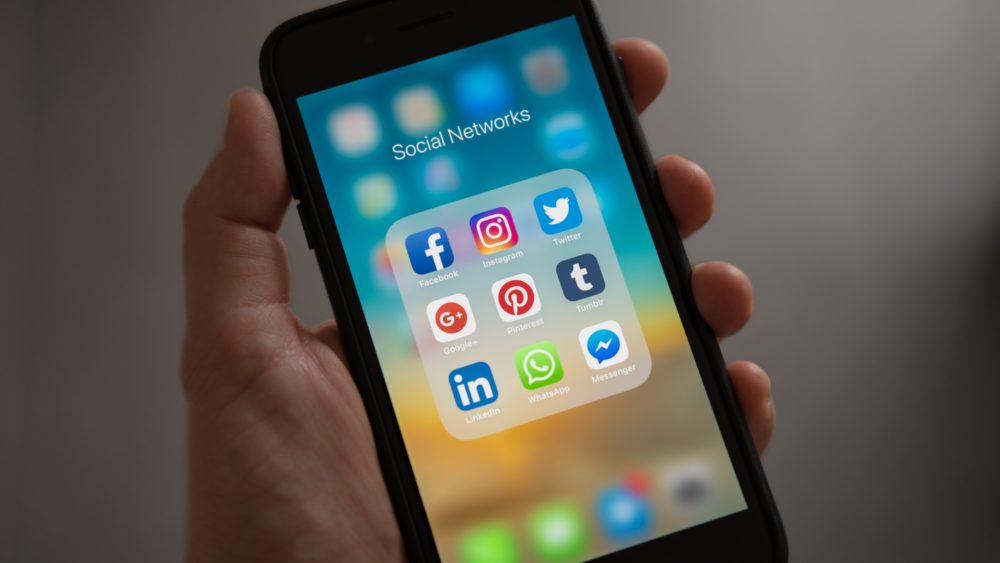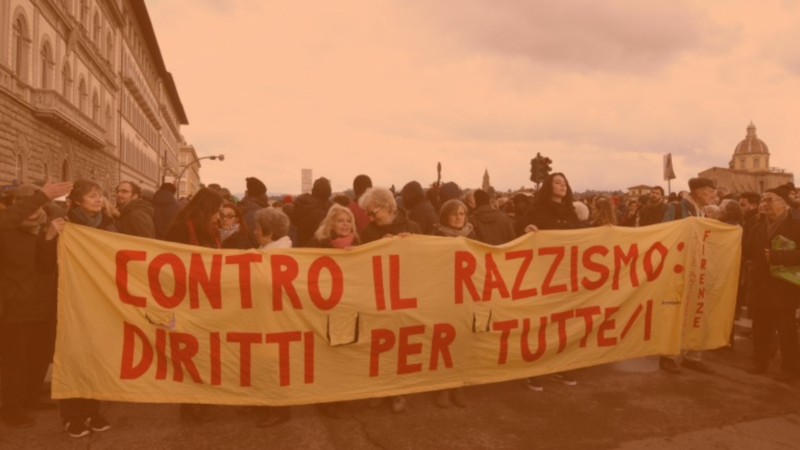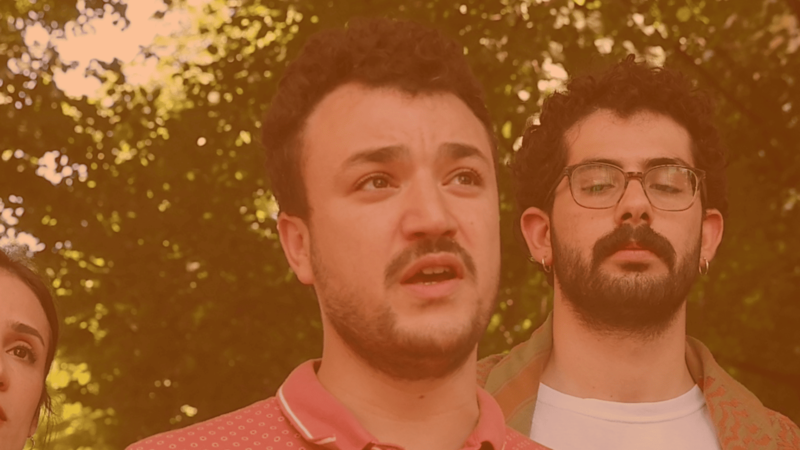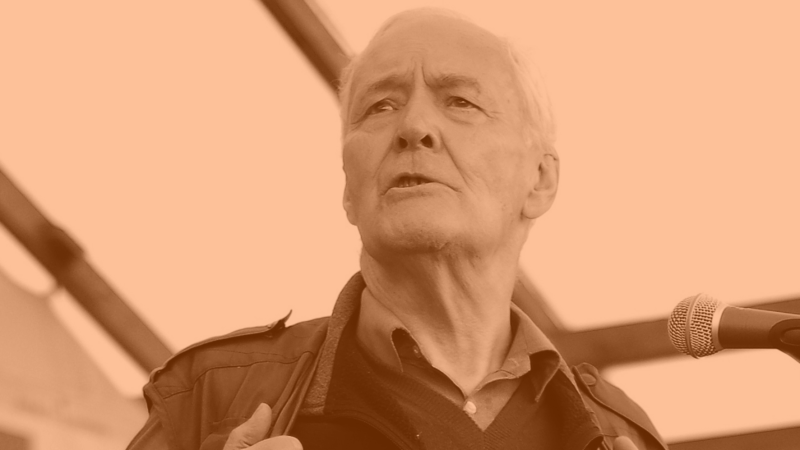The topic of disinformation is dominating the US elections; but what happens when leaks are censored by social media companies?
Debate over social media censorship has been raging during the run up to the US 2020 Election after Twitter and Facebook chose to suppress an article showing leaked emails linking US presidential candidate Joe Biden’s son Hunter to influence peddling with Ukrainian oligarchs while his father was then Vice President.
While both Twitter and Facebook have now allowed the story to be shared on the social media platforms, the general policy remains in place: Twitter and Facebook will censor articles of so-called hacked material. Since the Hunter-Biden story, and heavy criticism from the public, Twitter has released further statements on their Hacked Materials Policy, stating that they will allow “reporting on a hack, or sharing press coverage of hacking”. They stated after the fact that the takedown was done to protect private information in the leak. Nevertheless, whether social media companies should have the power to decide when and what to censor behind closed doors, or ‘add additional context’ to, should still be questioned.
This sets a dangerous precedent because such an ambiguous definition of ‘hacked’ material would have prevented disclosures such as the Pentagon Papers, Iraq War Logs, Snowden Leaks, and future exposures of public and private misconduct.
At DiEM25, we stand against past, current, and future censorship of any documents that could root out corruption. And in times when disinformation campaigns are seriously impacting elections, how can we distinguish between controversial material and that which should be taken down for disinformation or misinformation purposes?
A short history of social media censorship.
Many point to the 2018 coordinated banning by Facebook, Twitter and YouTube of InfoWars’ host Alex Jones as the beginning of alleged censorship by Big Tech social media companies. Jones’ removal marked the most high-profile banning after Facebook and Twitter began purging deemed terrorist content in 2015, with an increased crackdown after the 2016 US elections in the wake of an alleged Russian disinformation campaign — and disclosures by sites like Wikileaks, some claim.
Suspending accounts grew in the run-up to the 2018 US Midterm elections. Occupy Wall Street activists, left and right-wing independent media, and news sharing sites of “sensationalist” headlines saw accounts removed and pages were taken down, often without explanation.
The NY Post article suppression marked the “first time” Facebook and Twitter prevented the spread of a news story. The ban prevented users from sharing links to the article, while others, like White House Press Secretary Kayleigh McEnany, had their account locked for Tweeting the story to followers.
Meanwhile, NY Post’s Twitter account was locked after Tweeting the story and will remain so until the publication deletes their Tweet containing the article. On October 30, the account was unlocked 16 days after publication due to ‘public feedback’, though without deleting the Tweet to the article.
Foreign influence in a connected world.
While Facebook and Twitter were seeking to limit readership of the NY Post story, questions arose about the origins of the documents leaked in the article. Specifically, if they were part of a Russian disinformation campaign.
The guilt by association — the Trump administration’s long alleged affinity towards Russia — effectively suppressed inquiry into questions raised in the article. National Public Radio (NPR) outrightly refused to report on the story, while New York Times and Washington Post focused research on authors of The Post’s article. Yet, even though information is labeled Russian disinformation, does that make it untrue?
As seen in 2016, documents shared by Wikileaks revealed tactics by Hillary Clinton’s campaign to damage primary challenger Bernie Sanders. It’s important to note that the authenticity of the documents was not disputed. Rather, Clinton’s team sought to downplay revelations by attributing them to ‘fake news’ from ‘Russian propaganda’.
Similarly, leaked documents showing potential UK trade negotiations with the US, including that the nation’s health service was ‘up for sale’ to American companies, were labeled Russian disinformation when shared by UK Labour leader Jeremy Corbyn to criticise policy of Prime Minister Boris Johnson during last year’s election. Again, the documents were not disputed.
Video: A short history of Wikileaks’ most important revelations since its inception by the Progressive International.
Private Companies: A Line of Defense?
Yet, what about deliberate misinformation?
Examine the way President Trump has used Twitter. Similar to predecessor President Barack Obama, Trump’s team has used social media to promote and ‘pass legislation’. Trump has also used Twitter to engage in misinformation about the legitimacy of the vote.
Trump is hardly the only leader to engage in misinformation on social media and use the platform to ‘control the narrative’. Israeli prime Minister Benjamin Netanyahu Tweeted that questions about an apparent misuse of public funds were ‘fake news’, despite his wife later admitting they were true in court.
Most recently, French president Emmanuel Macron recently raised ire on Twitter after saying ‘France will never give in’ referring to ‘radical Islam’ after the beheading of a teacher in the country. Many in the Muslim world condemned Macron’s ‘attack on Islam rather than the terrorists’ themselves.
Navigating a new media landscape.
Last week, Facebook’s Mark Zuckerberg and Twitter’s Jack Dorsey were in Washington to discuss social media censorship.
The hearing again raised the idea of revoking Section 230, which gives social media companies immunity from what their users share on the platform. Doing so would make Twitter and other social media legally liable for what users share. Both Democrats and Republicans, plus Donald Trump and challenger Joe Biden, support some change to Section 230.
Meanwhile, Twitter has started moderating content as if Section 230 had already been revoked. Socialist magazine Jacobin was prevented from sharing content with Bernie Sanders and, on the other side of the spectrum, the former US attorney general Eric Holder was flagged for sharing alleged misinformation about voting. Many predict this reality of increased moderation and siding with “complaining users” by social media companies as the eventual outcome to prevent litigation.
Walking a fine line between sharing and censorship.
Social media is a necessary platform for the public to have direct access to exposed corruption by world leaders and, at the same time, social media platforms have an opportunity, as a private company and publisher of information, to correct misinformation on their platform. Not doing so makes misinformation — as well as corruption exposed by whistleblowers — simply a difference of opinion, which is dangerous for the survival of democracy.
Public trust in institutions and their governments can be considered at an all time low, with citizens across the world vulnerable to propaganda and conspiracy theories. This is precisely the time in which whistleblowers should be able to share crucial information with the public.
Photo Source: Tracy Le Blanc from Pexels.
Do you want to be informed of DiEM25's actions? Sign up here















